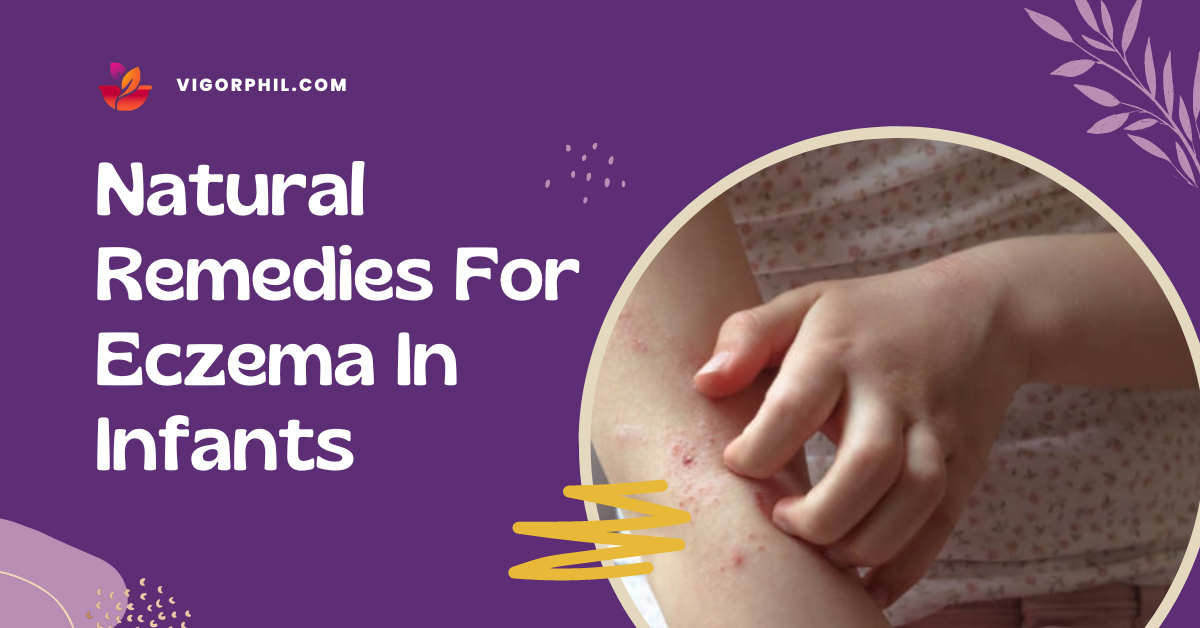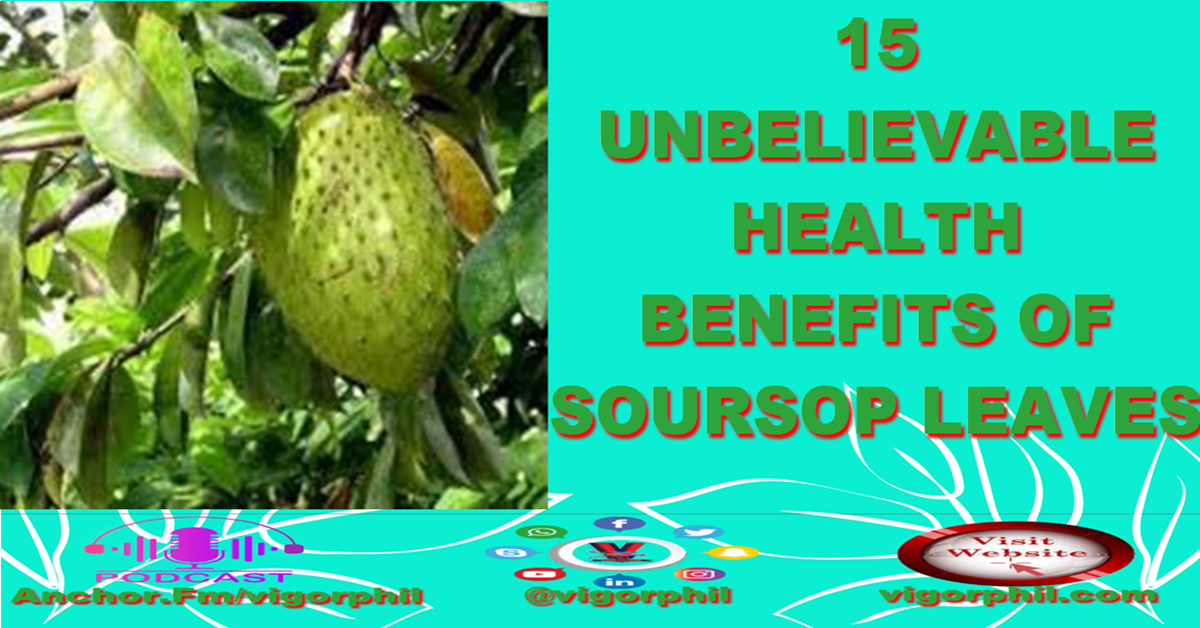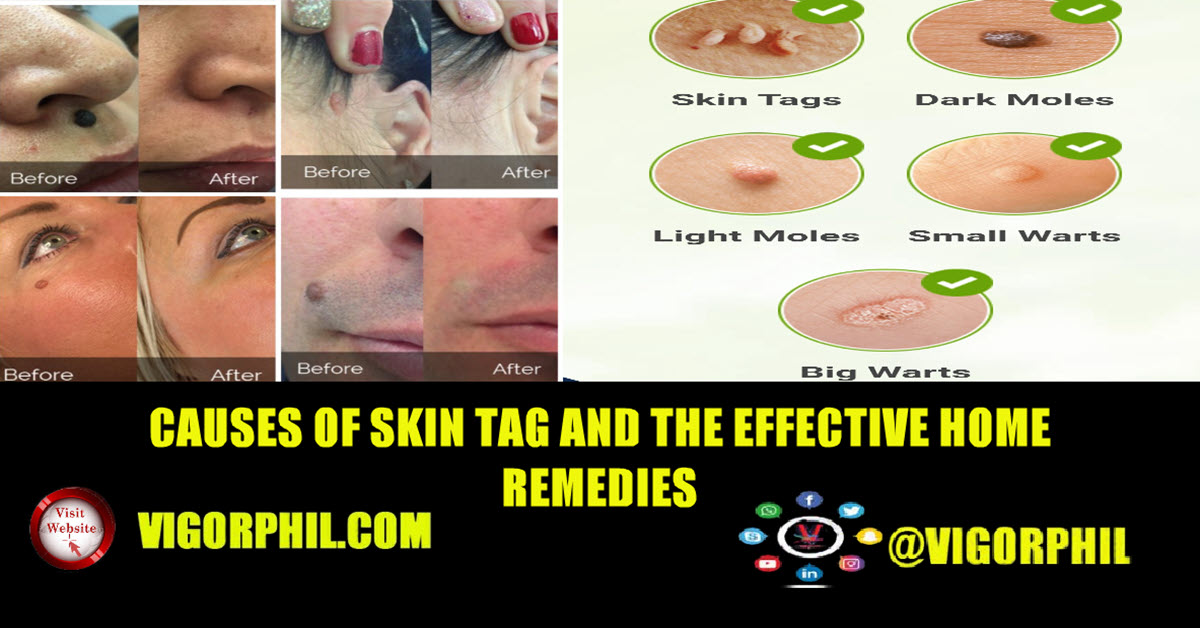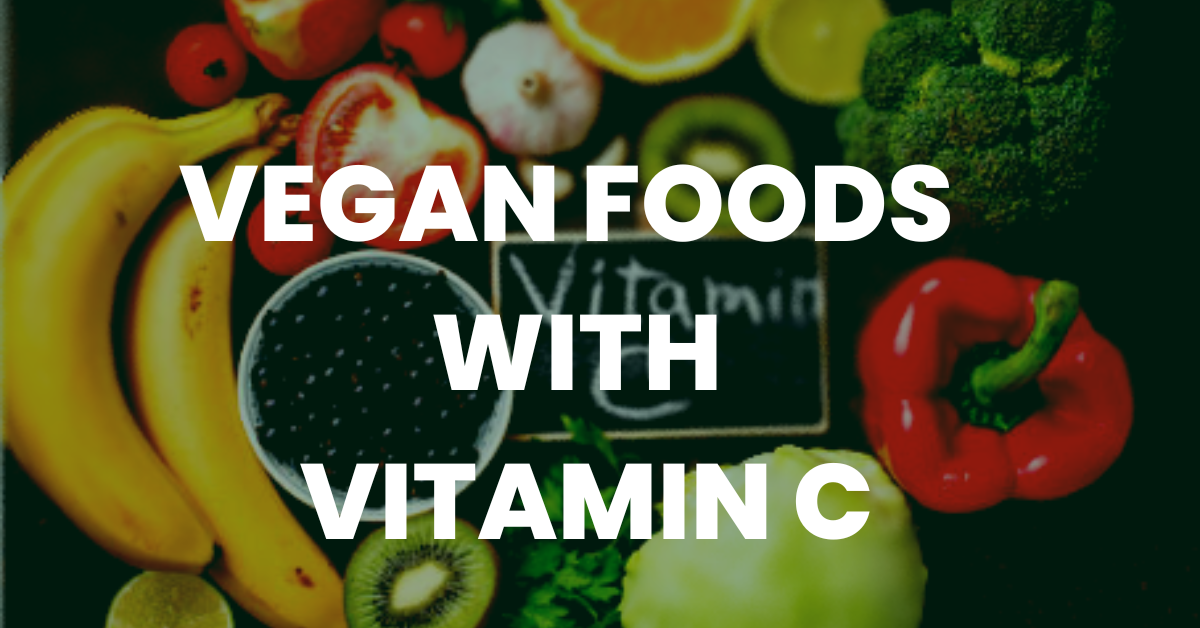Eczema, also known as atopic dermatitis, is a common skin condition that affects infants and children. It is characterized by itchy, dry, red, and inflamed skin, which can cause discomfort and distress for both the infant and the parents. While conventional treatment options, such as topical corticosteroids and antihistamines, are available, many parents are interested in finding more natural approaches to managing their child’s eczema. In this article, we will explore natural remedies for eczema in infants, including coconut oil, oatmeal baths, probiotics, aloe vera, and vitamin D supplements. We will also discuss the safety and considerations of using natural remedies, and provide guidance on when to consult with a pediatrician. With the right care and management, it is possible to help alleviate the symptoms of eczema and improve the comfort and health of your infant.
Causes of Eczema in Infants
Genetics
One of the main causes of eczema in infants is genetics. Studies have shown that eczema tends to run in families and is often inherited from parents who have a history of atopic dermatitis or other allergies. The exact mechanisms by which eczema is inherited are not yet fully understood, but research suggests that a combination of genetic and environmental factors may be involved.
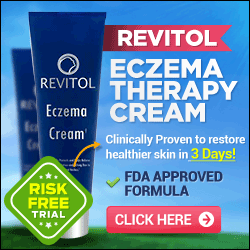
Genetics play a significant role in determining the likelihood of an infant developing eczema. Children who have a parent or sibling with eczema have a higher risk of developing the condition themselves.
The risk increases if both parents have a history of atopic dermatitis. However, genetics alone do not cause eczema. Environmental factors, such as exposure to allergens, pollutants, and irritants, can also contribute to the development and severity of eczema symptoms. Other factors, such as stress and a weakened immune system, can also play a role.
It is important to note that while genetics are a factor in the development of eczema, not all children with a family history of the condition will develop it. Other risk factors, such as premature birth, low birth weight, and certain infections, can also increase the likelihood of eczema.
If you are concerned about the possibility of your infant developing eczema due to genetics, it is important to talk to your pediatrician. They can provide you with more information on the causes of eczema and help you develop a comprehensive treatment plan to manage the condition
Environmental Factors
Environmental factors are also a major contributor to the development and exacerbation of eczema in infants. Exposure to allergens, pollutants, and irritants can trigger or worsen symptoms of atopic dermatitis. Some common environmental factors that can trigger eczema in infants include:
Dust mites: These tiny insects live in bedding, furniture, and carpets, and can cause itching and inflammation in sensitive individuals.
Pet dander: Dander, which is the microscopic skin flakes that animals shed, can be a common allergen for infants with eczema.
Mold and mildew: These fungi can grow in damp environments and can trigger eczema symptoms in sensitive individuals.
Smoke: Secondhand smoke and exposure to wood-burning stoves can irritate the skin and worsen eczema symptoms.
Pollution: Exposure to air pollution and chemicals can irritate the skin and trigger eczema symptoms.
Certain fabrics: Synthetic fabrics, such as polyester and nylon, can irritate the skin and trigger eczema symptoms.
It is important to identify and avoid environmental triggers that worsen eczema symptoms. This can involve making changes to the home environment, such as using allergen-proof bedding and avoiding exposure to secondhand smoke. In some cases, it may also involve identifying and avoiding specific allergens that trigger eczema symptoms.If you are concerned about environmental triggers for your infant’s eczema, it is important to talk to your pediatrician. They can help you identify specific triggers and develop strategies to reduce exposure to these triggers. With the right management, it is possible to minimize the impact of environmental factors on eczema symptoms and improve the comfort and health of your infant.
Food Allergies
Food allergies can also be a cause of eczema in infants. While the exact relationship between food allergies and eczema is not fully understood, it is believed that certain foods can trigger an immune response that leads to skin inflammation and eczema symptoms.
Common food allergens that can trigger eczema in infants include cow’s milk, eggs, peanuts, soy, wheat, and tree nuts. In some cases, infants with eczema may also have other food allergies, such as allergies to fish, shellfish, and certain fruits and vegetables.
To determine if a food allergy is triggering your infant’s eczema, your pediatrician may recommend a food elimination diet. During this diet, you will remove specific foods from your infant’s diet and monitor for changes in eczema symptoms. If symptoms improve after the removal of a specific food, your pediatrician may recommend further testing, such as a skin prick test or a blood test, to confirm the allergy.
If a food allergy is confirmed, it is important to strictly eliminate the allergen from your infant’s diet. This may involve making changes to your own diet if you are breastfeeding, or selecting alternative sources of nutrition if your infant is formula-fed. In some cases, your pediatrician may recommend an elimination diet for the entire family to ensure that the allergen is not present in the household.
It is important to note that while food allergies can be a cause of eczema in infants, not all cases of eczema are related to food allergies. If you are concerned about a food allergy triggering your infant’s eczema, it is important to talk to your pediatrician. They can help you determine if a food allergy is present and develop a comprehensive treatment plan to manage the condition.
Symptoms of Eczema in Infants
Rashes
Rashes are a common symptom of eczema, also known as atopic dermatitis, in infants. Eczema rashes can present as red, itchy patches of skin that may blister, ooze, or crust over. The severity of eczema rashes can range from mild to severe, and symptoms can be triggered by a variety of factors, including genetics, environmental triggers, and food allergies.
The rashes associated with eczema can be highly itchy, which can lead to scratching and further skin irritation. Scratching can cause the skin to become thick and leathery, which can make it more difficult to treat. In severe cases, eczema rashes can become infected, which can lead to further skin damage and a worsening of symptoms.
To manage eczema rashes in infants, it is important to keep the skin moisturized and to avoid irritants that can trigger symptoms. This may involve using emollients, such as petroleum jelly or fragrance-free creams, to hydrate the skin and reduce itching. In some cases, your pediatrician may recommend topical medications, such as corticosteroids, to reduce inflammation and improve the appearance of the skin.
If you are concerned about rashes associated with eczema in your infant, it is important to talk to your pediatrician. They can help you determine the underlying cause of the rashes and develop a comprehensive treatment plan to manage the condition. With the right management, it is possible to reduce the severity and frequency of eczema rashes and improve the comfort and health of your infant.
Itching
Itching is a common and distressing symptom of eczema, also known as atopic dermatitis, in infants. The intense itching associated with eczema can make it difficult for infants to sleep, play, and be comfortable. Itching can also lead to scratching, which can cause further skin irritation, skin damage, and an increased risk of infection.
The exact cause of itching in eczema is not fully understood, but it is believed to be related to skin dryness, inflammation, and an overactive immune system. In some cases, itching can be triggered by environmental factors, such as exposure to irritants or allergens, or by food allergies.
To manage itching associated with eczema in infants, it is important to keep the skin moisturized and to avoid irritants that can trigger symptoms. This may involve using emollients, such as petroleum jelly or fragrance-free creams, to hydrate the skin and reduce itching. In some cases, your pediatrician may recommend topical medications, such as corticosteroids, to reduce inflammation and improve the appearance of the skin.
If your infant’s itching is severe or persistent, it is important to talk to your pediatrician. They can help you determine the underlying cause of the itching and develop a comprehensive treatment plan to manage the condition. With the right management, it is possible to reduce the severity and frequency of itching and improve the comfort and health of your infant.
Dry Skin
Dry skin is a common symptom of eczema, also known as atopic dermatitis, in infants. Eczema can cause the skin to become dry, scaly, and itchy, which can lead to further skin irritation and itching. This can make it difficult for infants to sleep, play, and be comfortable.
The exact cause of dry skin in eczema is not fully understood, but it is believed to be related to skin dryness, inflammation, and an overactive immune system. In some cases, dry skin can be exacerbated by environmental factors, such as exposure to low humidity or hot water, or by using soap or other skin care products that strip the skin of its natural oils.
To manage dry skin associated with eczema in infants, it is important to keep the skin moisturized. This may involve using emollients, such as petroleum jelly or fragrance-free creams, to hydrate the skin and reduce itching. In some cases, your pediatrician may recommend topical medications, such as corticosteroids, to reduce inflammation and improve the appearance of the skin.
It is also important to avoid irritants that can trigger symptoms and to use gentle skin care products that are appropriate for infants. This may include using a mild soap and avoiding harsh soaps or bubble baths. Additionally, it is important to avoid exposing the skin to hot water or low humidity, which can make dry skin worse.
If your infant’s dry skin is severe or persistent, it is important to talk to your pediatrician. They can help you determine the underlying cause of the dry skin and develop a comprehensive treatment plan to manage the condition. With the right management, it is possible to reduce the severity and frequency of dry skin and improve the comfort and health of your infant.
Conventional Treatment Options
Topical Corticosteroids
Topical corticosteroids are a commonly used conventional treatment for eczema, also known as atopic dermatitis, in infants. Corticosteroids are medications that work by reducing inflammation and itching, which can help to improve the appearance and comfort of the skin.
Topical corticosteroids come in a variety of forms, including creams, ointments, and lotions, and are applied directly to the affected skin. They are typically used as a short-term treatment for flares of eczema, or as part of a comprehensive treatment plan to manage the condition.
The strength and duration of topical corticosteroid treatment will depend on the severity of the eczema and the response to treatment. Mild to moderate eczema may be treated with a low-potency corticosteroid, while more severe cases may require a higher-potency corticosteroid.
It is important to use topical corticosteroids only as directed by your pediatrician, as overuse or inappropriate use of these medications can lead to side effects, including skin thinning, stretch marks, and an increased risk of infections.
If your infant’s eczema is not responding to topical corticosteroids or if they experience side effects, it is important to talk to your pediatrician. They may recommend alternative treatments, such as topical calcineurin inhibitors, or a combination of treatments to manage the condition.
In conclusion, topical corticosteroids are an effective conventional treatment option for eczema in infants. With careful use and close monitoring, they can help to improve the appearance and comfort of the skin and reduce the impact of eczema on your infant’s life. However, it is important to work closely with your pediatrician to develop a comprehensive treatment plan that is appropriate for your infant.
Antihistamines
Antihistamines are a type of medication that are commonly used to treat eczema, also known as atopic dermatitis, in infants. Eczema can cause itching, which can be distressing for infants and can interfere with their sleep, play, and overall quality of life.
Antihistamines work by blocking the effects of histamine, a chemical that is released in response to an allergen or irritant and causes itching and redness.There are two main types of antihistamines: first-generation (sedating) and second-generation (non-sedating). First-generation antihistamines, such as diphenhydramine (Benadryl), can cause drowsiness and may be recommended for use at night to help infants sleep through itching episodes. Second-generation antihistamines, such as loratadine (Claritin) and cetirizine (Zyrtec), are less likely to cause drowsiness and are typically recommended for use during the day.
Antihistamines are available over-the-counter and by prescription, and are taken orally as a liquid or tablet. They can be used on their own or in combination with other treatments, such as topical corticosteroids or emollients, to manage eczema.
It is important to talk to your pediatrician before giving your infant an antihistamine, as these medications can interact with other medications and have side effects, such as drowsiness, dry mouth, and decreased appetite. Your pediatrician can help you determine the appropriate dose, frequency, and duration of antihistamine treatment for your infant and monitor their response to treatment.
In conclusion, antihistamines can be an effective conventional treatment for eczema in infants, particularly for itching. They can provide relief from itching and improve the overall quality of life for infants with eczema. However, it is important to work closely with your pediatrician to determine the best treatment plan for your infant, as the safety and efficacy of antihistamines can vary depending on the individual.
Moisturizers
Moisturizers, also known as emollients, are a cornerstone of conventional treatment for eczema, also known as atopic dermatitis, in infants. Eczema can cause dry, itchy, and inflamed skin, and moisturizers help to soothe and hydrate the skin, reducing symptoms such as itching, redness, and scaling.
There are many different types of moisturizers, including creams, ointments, lotions, and gels, each with varying levels of thickness and hydration. Your pediatrician can help you determine the best type of moisturizer for your infant’s skin and the frequency and amount to be used.It is important to use a fragrance-free and hypoallergenic moisturizer to avoid irritating your infant’s skin, and to apply the moisturizer immediately after bathing to help lock in moisture. Some moisturizers may also contain ingredients that can help to soothe and calm irritated skin, such as colloidal oatmeal, aloe vera, and ceramides.
Moisturizing regularly, especially after bathing and during flares of eczema, can help to keep your infant’s skin hydrated, reduce itching, and improve the overall appearance and comfort of the skin. However, it is important to remember that moisturizers are not a cure for eczema and that they work best as part of a comprehensive treatment plan that includes other treatments, such as topical corticosteroids or antihistamines, as recommended by your pediatrician.
In conclusion, moisturizers can be an effective and non-invasive treatment option for eczema in infants. By keeping the skin hydrated and reducing itching, moisturizers can help to improve the overall appearance and comfort of the skin and reduce the impact of eczema on your infant’s life. However, it is important to work closely with your pediatrician to develop a comprehensive treatment plan that is appropriate for your infant.
Phototherapy
Phototherapy, also known as light therapy, is a conventional treatment option for eczema, also known as atopic dermatitis, in infants. Phototherapy involves exposing the affected skin to specific types of light, typically ultraviolet (UV) light, to help reduce symptoms such as itching, redness, and scaling.
There are several types of phototherapy that can be used for eczema, including narrowband UVB, broadband UVB, and UVA phototherapy. Narrowband UVB and broadband UVB both involve exposing the skin to UVB light, while UVA phototherapy involves exposing the skin to UVA light.Phototherapy is typically performed in a doctor’s office or clinic and is usually administered two to three times a week. The length of each session and the overall course of treatment will depend on the severity of the eczema and the response to the therapy.Phototherapy is generally considered to be safe and effective for eczema in infants, and it has been shown to improve symptoms such as itching and redness. However, as with any medical treatment, there are some potential side effects, including sunburn-like reactions, skin irritation, and increased risk of skin cancer with long-term exposure to UV light.
It is important to work closely with your pediatrician to determine if phototherapy is an appropriate treatment option for your infant and to monitor the response to the therapy. Phototherapy should be used in conjunction with other eczema treatments, such as topical corticosteroids, antihistamines, and moisturizers, to provide the best overall results.
In conclusion, phototherapy can be an effective and non-invasive treatment option for eczema in infants. By reducing symptoms such as itching and redness, phototherapy can help to improve the overall appearance and comfort of the skin and reduce the impact of eczema on your infant’s life. However, it is important to work closely with your pediatrician to determine if phototherapy is appropriate for your infant and to develop a comprehensive treatment plan that includes other treatments as well.
Natural Remedies for Eczema in Infants.
Coconut Oil
Topical coconut oil is a popular natural remedy for eczema, particularly in infants. Eczema, also known as atopic dermatitis, is a skin condition that is characterized by itching, redness, dryness, and rashes.
Coconut oil is a vegetable oil that is derived from the meat of mature coconuts. It is rich in medium chain fatty acids, such as lauric acid, which are known for their moisturizing and anti-inflammatory properties. This makes it an appealing alternative for parents looking to treat their infants’ eczema without using conventional treatments such as topical corticosteroids, antihistamines, and phototherapy.
Topical coconut oil can be applied directly to the affected skin or added to a bath to help soothe and moisturize dry, itchy skin.
Oatmeal Baths
An oatmeal bath is a natural remedy that has been used for centuries to treat skin conditions such as eczema, particularly in infants. Eczema, also known as atopic dermatitis, is a skin condition that causes itching, redness, dryness, and rashes.
Oatmeal has long been known for its skin-soothing and moisturizing properties, making it an ideal ingredient in baths for those with eczema. The active compounds in oatmeal, including avenanthramides and phenols, have anti-inflammatory and antioxidant effects that can help reduce itching, redness, and dryness.
To prepare an oatmeal bath for eczema, you will need to grind plain, uncooked oatmeal into a fine powder. This powder can then be added to warm bath water, where it will create a milky, soothing solution. The affected areas can be soaked in the bath for 10-15 minutes, allowing the oatmeal to work its magic. After the bath, it is important to gently pat the skin dry, as rubbing can irritate the skin further.
It is important to note that not all oatmeal products are created equal, and some commercial oatmeal baths may contain fragrances and other additives that can irritate the skin further. It is best to use plain, uncooked oatmeal for best results.
An oatmeal bath can be a simple, yet effective natural remedy for eczema in infants. By providing relief from itching, redness, and dryness, an oatmeal bath can help improve the overall appearance and comfort of the skin, and reduce the impact of eczema on your infant’s life. However, it is important to remember that an oatmeal bath is not a cure for eczema and should be used in conjunction with other treatments, such as topical coconut oil, moisturizers, and prescription medications, to provide the best overall results.
Probiotics
Probiotics are microorganisms that are commonly used as a natural remedy for various health conditions, including eczema in infants. Eczema, also known as atopic dermatitis, is a skin condition that causes itching, redness, dryness, and rashes.
The concept behind using probiotics for eczema is that they help to regulate the balance of bacteria in the gut, which in turn can have a positive effect on the skin. Some research suggests that an imbalance of gut bacteria may contribute to the development of eczema, and that restoring the balance of bacteria through the use of probiotics can help to improve symptoms.
Probiotics can be taken in a variety of forms, including supplements, fermented foods, and probiotic-rich foods. Some of the most commonly used probiotics for eczema include Lactobacillus rhamnosus, Lactobacillus acidophilus, and Bifidobacterium bifidum.
It is important to note that the research on the use of probiotics for eczema is still in its early stages, and more research is needed to determine the most effective strains and dosages for this condition.
Additionally, the use of probiotics may not be appropriate for all individuals, particularly those with weakened immune systems, and it is important to consult with a healthcare provider before starting a probiotic regimen.While probiotics may be a promising natural remedy for eczema in infants, it is important to approach their use with caution, and to consider them as one part of a comprehensive treatment plan that includes other natural remedies and conventional treatments, as recommended by a healthcare provider.
Aloe Vera
Aloe Vera is a popular natural remedy that is often used to treat a variety of skin conditions, including eczema in infants. Eczema, also known as atopic dermatitis, is a skin condition that causes itching, redness, dryness, and rashes.
Aloe Vera is a succulent plant that is known for its moisturizing and anti-inflammatory properties, which make it an attractive option for the treatment of eczema. The gel that is obtained from the leaves of the plant is rich in vitamins, minerals, and antioxidants, and is commonly used to soothe and hydrate dry and irritated skin.
Studies have shown that Aloe Vera can help to reduce itching, redness, and inflammation in individuals with eczema, and may also help to improve the overall health and appearance of the skin.
Additionally, Aloe Vera is non-irritating, making it a gentle option for infants with sensitive skin.
Aloe Vera can be used topically as a moisturizer, or can be added to bath water to help soothe and hydrate the skin. It is important to note that the use of Aloe Vera products may not be appropriate for all individuals, and that it is important to consult with a healthcare provider before starting a new treatment regimen.
While Aloe Vera may be a promising natural remedy for eczema in infants, it is important to approach its use with caution, and to consider it as one part of a comprehensive treatment plan that includes other natural remedies and conventional treatments, as recommended by a healthcare provider.
Vitamin D Supplements
Vitamin D is a fat-soluble vitamin that is essential for many physiological processes in the body, including the health of the skin. Recent studies have suggested that low levels of vitamin D may play a role in the development of eczema in infants.
Eczema, also known as atopic dermatitis, is a skin condition that causes itching, redness, dryness, and rashes. Vitamin D has been shown to have anti-inflammatory properties, and may help to reduce the severity of eczema symptoms by improving the skin barrier and reducing the production of cytokines, which are proteins that promote inflammation.
There are several sources of vitamin D, including sun exposure, certain foods, and supplements. Some studies have found that increasing dietary intake of vitamin D may improve eczema symptoms in infants, while others have suggested that supplementation with vitamin D may have a beneficial effect on eczema by increasing levels of the vitamin in the body.
While vitamin D is generally considered safe, it is important to consult with a healthcare provider before starting a new supplement regimen, especially for infants. A healthcare provider can assess an infant’s individual needs and recommend an appropriate dosage and source of vitamin D based on the child’s age, weight, and overall health.It is also important to note that vitamin D supplementation should not be relied upon as a sole treatment for eczema, and that it should be used as part of a comprehensive treatment plan that includes other natural remedies and conventional treatments, as recommended by a healthcare provider.
Precautions and Considerations
When considering natural remedies for eczema in infants, it is important to take certain precautions and considerations into account. Some of the key things to keep in mind include:
- Consult with a healthcare provider: Before starting any new treatment for eczema, it is important to consult with a healthcare provider, especially for infants. A healthcare provider can assess the infant’s individual needs and recommend an appropriate treatment plan based on the child’s age, weight, and overall health.
- Allergic reactions: Some infants may be allergic to certain natural remedies, such as topical coconut oil or aloe vera. It is important to monitor infants closely for signs of an allergic reaction, such as redness, itching, or hives, and to discontinue use if any symptoms develop.
- Quality of products: When choosing natural remedies for eczema, it is important to select high-quality products from reputable sources. This can help to ensure that the products are effective, safe, and free of contaminants or harmful additives.
- Interactions with other treatments: Some natural remedies for eczema, such as vitamin D or probiotics, may interact with other treatments, such as conventional medications or supplements. It is important to discuss any potential interactions with a healthcare provider before starting a new treatment.
- Dosage: It is important to follow the recommended dosage for any natural remedies for eczema, especially for infants, who may have more delicate systems. Overdose or underdose can both have negative effects on the health of the infant.
- Duration of treatment: The duration of treatment with natural remedies for eczema can vary depending on the severity of the condition and the effectiveness of the treatment. It is important to monitor infants closely and to discuss any concerns with a healthcare provider, who can make recommendations for adjusting or modifying the treatment plan as needed.
- Cost: Some natural remedies for eczema can be more expensive than others, and the cost of treatment may be a consideration for some families. It is important to discuss the cost of treatment with a healthcare provider and to consider all options before making a decision.
- Availability: Some natural remedies for eczema may not be readily available in all areas, and may require special ordering or shipping. It is important to consider the availability of treatments when making a decision and to plan accordingly.
- Evidence-based: It is important to choose natural remedies for eczema that are supported by evidence-based research and have a proven track record of safety and effectiveness.
- Continuity of care: Finally, it is important to ensure continuity of care when using natural remedies for eczema, especially for infants. This may involve regular check-ins with a healthcare provider, monitoring of symptoms, and modifications to the treatment plan as needed.By taking these precautions and considerations into account, families can help to ensure the safety and effectiveness of natural remedies for eczema in infants.
Conclusion
In conclusion, eczema in infants can be a frustrating and uncomfortable condition for both the child and the parents. While there is no cure for eczema, there are both conventional and natural remedies that can provide relief from the symptoms. It is important to keep in mind that different remedies work differently for different people and that some remedies may have side effects. It is also important to take precautions and consider the age and health of the child before trying any remedies. Consultation with a pediatrician is always recommended before starting any new treatment. Remember to keep the skin of the infant moisturized and avoid triggers like harsh soaps, detergents, and certain foods. With proper care and attention, it is possible to manage eczema in infants and provide relief from the symptoms.

Frequently asked questions NATURAL REMEDIES FOR ECZEMA
What is eczema and how common is it in infants?
Eczema is a skin condition characterized by itchy, dry, red, and inflamed skin. It is estimated that up to 20% of infants may develop eczema.
What causes eczema in infants?
The exact cause of eczema is unknown, but it is thought to be a combination of genetics and environmental factors, such as food allergies, irritants, and dry skin.
What are the symptoms of eczema in infants?
The symptoms of eczema in infants can include rashes, itching, dry skin, and redness.
What are the conventional treatment options for eczema in infants?
Conventional treatment options for eczema in infants include topical corticosteroids, antihistamines, moisturizers, and phototherapy.
Why might a parent consider using natural remedies for eczema in their infant?
A parent might consider using natural remedies for eczema in their infant to avoid the potential side effects of conventional treatments and to find a gentler and more natural approach to managing the condition.
What are some examples of natural remedies for eczema in infants?
Some examples of natural remedies for eczema in infants include coconut oil, oatmeal baths, probiotics, aloe vera, and vitamin D supplements.
How safe are natural remedies for eczema in infants?
The safety of natural remedies for eczema in infants can vary and depends on the specific remedy and the individual infant. It is important to consult with a pediatrician before using any new treatment, including natural remedies.
Is it possible to use natural remedies and conventional treatments together?
Yes, it is possible to use natural remedies and conventional treatments together, under the guidance of a pediatrician.
What precautions and considerations should be taken when using natural remedies for eczema in infants?
Precautions and considerations when using natural remedies for eczema in infants include consulting with a pediatrician, patch testing for allergic reactions, and monitoring for side effects.
Is it possible for eczema in infants to go away on its own?
Yes, it is possible for eczema in infants to go away on its own, but it is also important to manage the condition to prevent flares and ensure the comfort and health of the infant. A pediatrician can provide guidance on the best approach for the individual infant.
Reference
- Mayo Clinic. (2021). Eczema. Retrieved from https://www.mayoclinic.org/diseases-conditions/eczema/symptoms-causes/syc-20353273
- National Eczema Association. (2021). Infant Eczema. Retrieved from https://nationaleczema.org/eczema/types-of-eczema/infant-eczema/
- American Academy of Pediatrics. (2021). Atopic Dermatitis (Eczema). Retrieved from https://www.healthychildren.org/English/health-issues/conditions/skin/Pages/Atopic-Dermatitis-Eczema.aspx
- National Institute of Arthritis and Musculoskeletal and Skin Diseases. (2021). Eczema. Retrieved from https://www.niams.nih.gov/health-topics/eczema
- Healthline. (2021). Eczema in Babies: Causes, Symptoms, and Treatment. Retrieved from https://www.healthline.com/health/eczema-in-babies
- MedlinePlus. (2021). Eczema. Retrieved from https://medlineplus.gov/eczema.html
- University of Michigan Medicine. (2021). Eczema in Infants and Children. Retrieved from https://www.uofmhealth.org/health-library/hw716021

